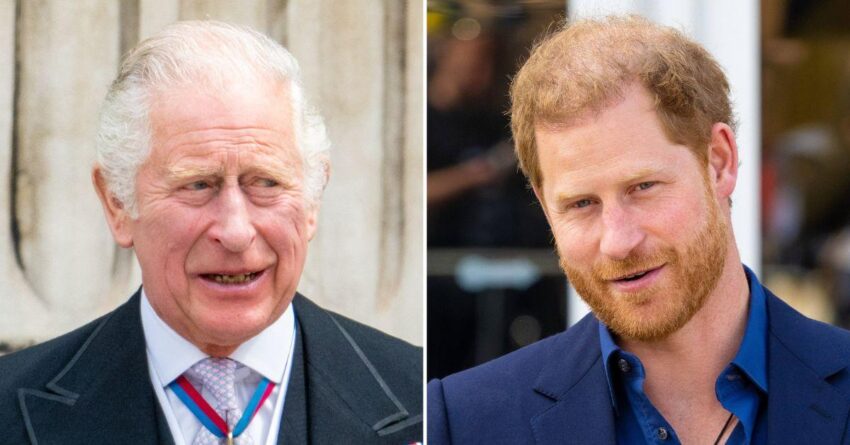In a surprising turn of events, Prince Harry’s recent appearance in a UK court has drawn the attention of talk show host James Corden.
Corden took a jab at the Duke of Sussex, suggesting that his motive for flying back to the UK within 183 days was to avoid paying taxes in the US.
While it may seem like a plot to outsmart the taxman, there could be more to Prince Harry’s return than meets the eye.
One possible reason for Prince Harry’s visit to the UK is that it had been nearly 183 days since he left after attending Her Majesty the Queen’s funeral.
This timeframe is significant because of the Substantial Presence Test, a measure used by the US to determine tax liability, similar to the Statutory Residence Test in the UK.
According to this test, if an individual spends more than 31 days during the current tax year and a total of 183 days during a three-year period (including the current year and the two preceding years), they are considered a resident of the US for tax purposes.
As a result, their worldwide income becomes subject to US income tax.
Unlike the UK, where residency status is determined by permanent residence or citizenship, the US continues to tax individuals even if they move abroad, as long as they hold permanent residency or citizenship.
This means that Prince Harry, if he were to become a permanent resident or citizen of the US, would still be subjected to US tax rules on his worldwide income, regardless of his location.
California, where Prince Harry and his family reside, has one of the highest tax rates in the US.
While it is not uncommon for individuals to employ tax-efficient strategies, such as taking advantage of residency rules, it is likely that Prince Harry and his wife, Meghan Markle, are already paying a substantial amount of taxes, albeit not necessarily income tax.
Property tax is a significant source of revenue for most states, and given their residence in California, it is probable that they contribute significantly to the state’s coffers.
In Prince Harry’s case, if he wants to avoid paying US income taxes under the 183-day rule, he would be limited to spending only 121 days in the US each year, assuming an equal distribution of days.
However, even within this limit, he would still be liable for payroll taxes on his salary and business taxes on income generated by Arch World Productions and Audio.
Therefore, it seems that Prince Harry’s tax obligations cannot be easily circumvented.
Aside from tax matters, Prince Harry’s residency in the United States has also raised questions regarding his past drug use.
In his upcoming memoir, he candidly admits to smoking cannabis, using cocaine, and experimenting with psychedelics.
This revelation has led to speculation about whether he disclosed this information during his visa application process.
Professor Albert Benitez, director of George Washington University Immigration Clinic, suggests that if Prince Harry was truthful about his drug use, he should have been denied residency.
On the other hand, if he failed to declare it, he could face the revocation of his visa or its subjectivity to being revoked due to false information.
